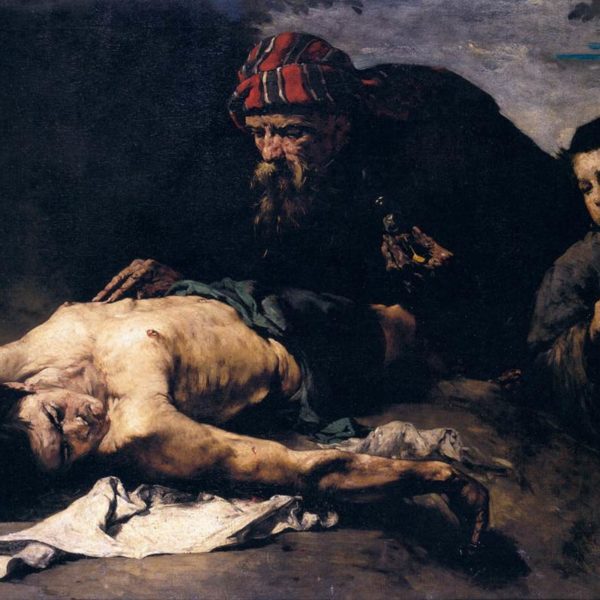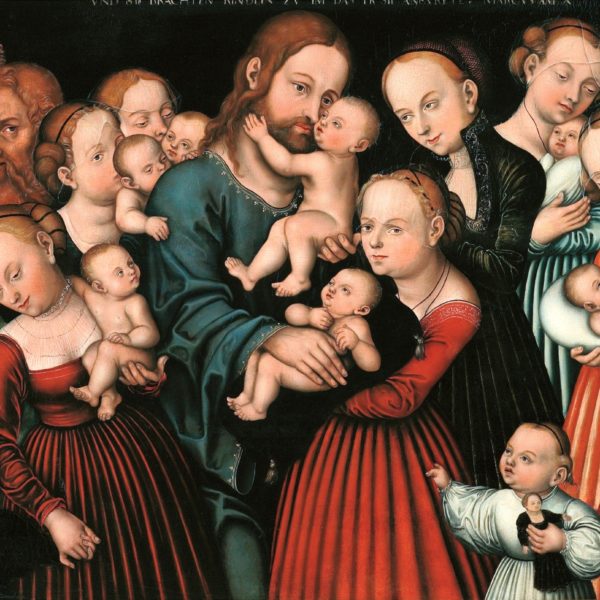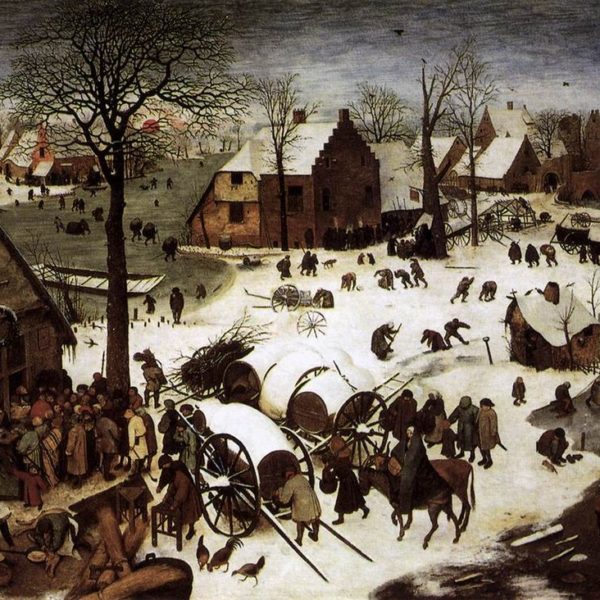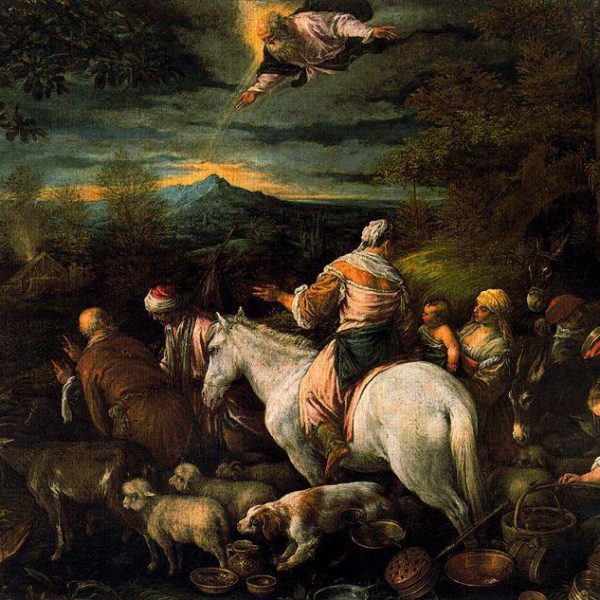
‘And this is my prayer, that your love may overflow more and more with knowledge and full insight.’ The notion of love overflowing in knowledge is odd to modern Western ears, accustomed as we are to a divide between reason and affections. However, such a love that overflows in knowledge could transform much of our politics.

In turning Jesus’ seemingly dismissive image of dogs and children at the meal table to her advantage, the Syrophoenician woman illustrates the tenacity of parents fighting for their children. As we act in God’s name within the world we should show the same determination on behalf of all of his children.
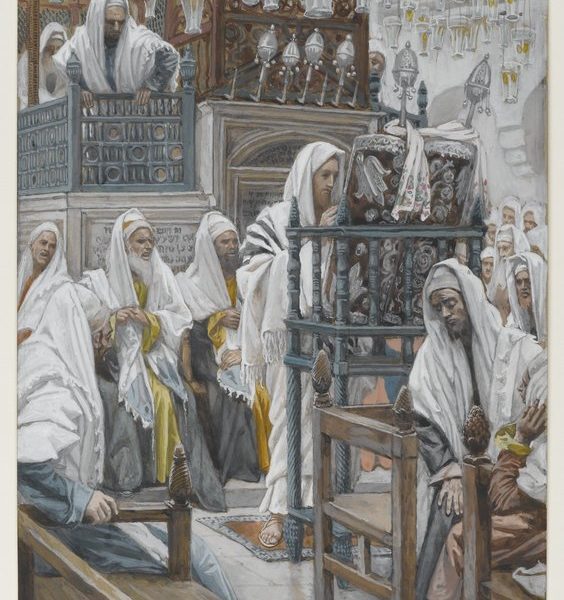
In this week’s reading from Mark’s gospel Jesus challenges the complacency that so commonly comes with privilege. The ease of privilege within the status quo can inure us to the claims of truth or justice that might unsettle it or that might trouble its assurance of its purchase upon reality. Yet such claims lie at the very heart of the Kingdom of God.

Our discomfort with the notion of God visiting the sins of parents upon their children may lead us to avoid wrestling with Exodus 20:5-6. This would be a mistake. This reference occurs in the context of the prohibition upon idolatry and challenges both our attempts to sanitize God and our idolization of our children.
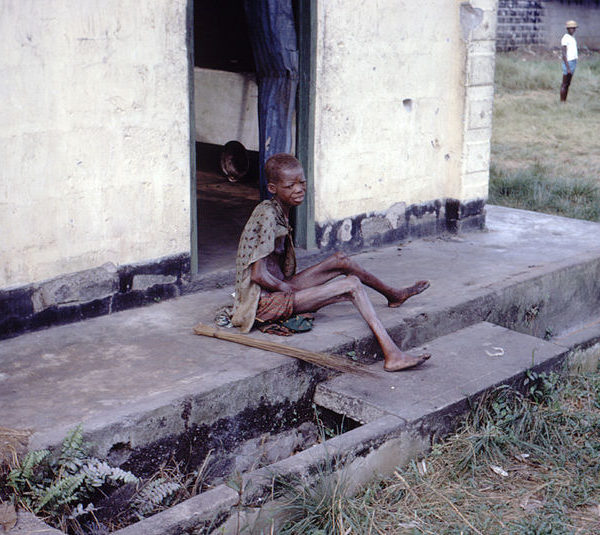
Perhaps part of the reason why disparities in food distribution continue to exist is that, when those of us who have food enough on our tables try to respond to disasters such as famine, without connection with the people who suffer them, both they and us are likely to come away empty. The ironic use of famine in Naomi’s story is able to suggest to us another way, an approach to famine that sees first the emptiness in relationships when kin from the ‘developing’ and ‘developed’ worlds find ourselves absent from one another.

